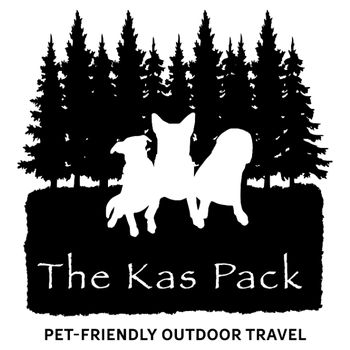Are Acorns Toxic to Dogs?
Acorns are a common sight anywhere you encounter oak trees during the cooler autumn and winter months. A source of food for local wildlife, we don’t often put much thought into their presence when we’re out exploring the great outdoors.
But do these seasonal tree nuts have a hidden secret? Are acorns toxic to dogs?
In this article, we’re going to dive deeper into the potentially dangerous relationship between acorns and dogs including why acorns are dangerous for dogs, why you should do if your dog ate an acorn, and how to stop your dog from eating acorns.
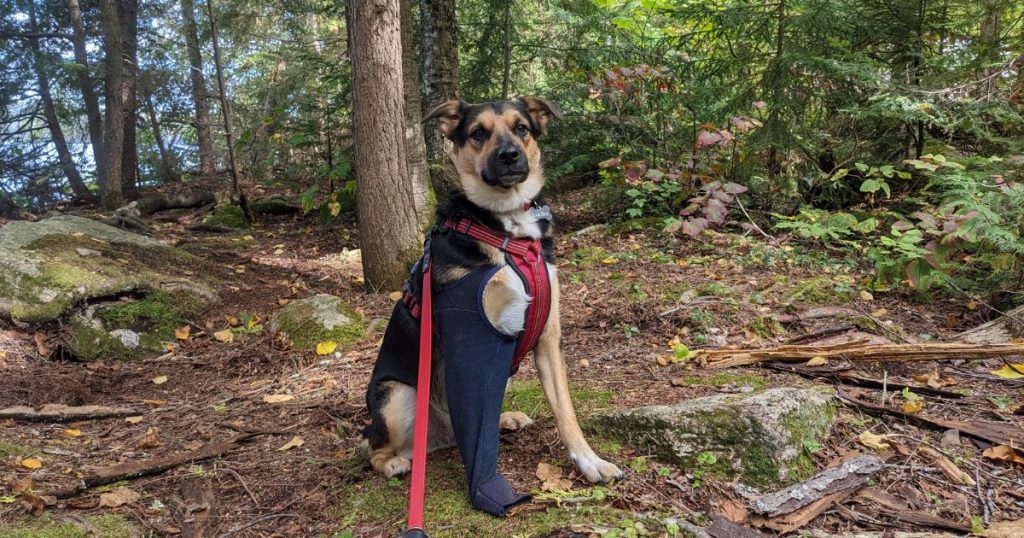
Are Acorns Toxic to Dogs?
Despite how small and seemingly harmless they may be, they may create some serious health concerns for your dog. Not only are acorns poisonous for dogs, but they are also a potential choking hazard. If you’re hiking your local trails with your pup or spending time outdoors, recognizing the risks that acorns pose is important.
Many plants contain a chemical compound called tannins, but they are present in an especially high concentration in acorns. While a single acorn may not pose any serious concern, the amount of tannins that your dog is digesting increases with each additional acorn that he eats. In high enough quantities, this can cause Quercus poisoning, also known as oak poisoning or acorn poisoning. This can also occur from your dog eating oak leaves.
The most common symptoms of acorn poisoning include:
- Nausea
- Vomiting
- Diarrhea
- Loss of appetite
- Excessive drooling
- Abdominal pain or tenderness
- Dehydration
- Lethargy
- Shock
In more severe cases, your dog may experience kidney or liver damage. Acorn poisoning can be life-threatening. But your dog would have to eat an excessive number of acorns for it to reach this extent. Your dog is more likely to eat just enough to leave him feeling ill.
Smaller dogs often face more struggles than larger dogs as it takes fewer acorns to reach dangerous levels of tannins in the body.
However, acorn poisoning isn’t the only risk that acorns present…
5 Other Reasons Why Acorns are Bad for Dogs
If the chance of acorn poisoning is unlikely due to the number of acorns your dog would need to eat, you may be wondering if the risk is overhyped. Are acorns bad for dogs? The truth is that acorn poisoning isn’t the biggest risk that these small tree nuts present. Here are 3 more reasons why you should avoid letting your dog eat acorns.
Dental Issues
Dogs enjoy chewing but biting down on something that is too hard can lead to dental problems. The outer shell of an acorn can be hard enough to break or crack a tooth. A broken tooth can be incredibly painful for your dog while also putting him at risk of a dangerous abscess.
Choking Hazards
Just like children, dogs like to eat anything that can fit in their mouths. Unfortunately, this puts your dog at risk of choking on small objects like an acorn. Unlike most of the risks that acorns present, choking can occur after eating just a single acorn. This is why it’s so important to supervise your dog carefully when spending time outdoors.
There is no guaranteed way to prevent a dog from choking. Especially when spending time exploring outdoors. We recommend that every dog parent learns the potentially lifesaving Heimlich maneuver. It’s better to be prepared and never need it, than not knowing how to respond in an emergency.
Intestinal Blockages
An intestinal blockage occurs when a dog eats something that their digestive system is unable to break down. This can create a blockage that prevents food from moving through the digestive tract. This is arguably one of the biggest risks a dog may face when eating a non-food item like acorns. However, the signs don’t necessarily show in the beginning.
The small size and shape of an acorn make them easy to swallow whole. This makes it so that your dog’s digestive system isn’t able to break the acorn(s) down enough to allow them to pass through safely. Instead, they gather in the stomach or intestines and create a partial or full blockage.
The warning signs of a blockage include:
- Nausea
- Vomiting
- Loss of appetite
- Diarrhea
- Straining or constipation
- Painful or tender abdomen
- Bloating
- Dehydration
- Restlessness
- Whining
- Pacing
- Aggression when handled
- Weakness or collapse
Often, by the time you see signs of trouble, it is a life-threatening situation requiring immediate veterinary intervention. If you see any of these signs, contact your veterinarian and explain your concerns in detail. They will be able to recommend the best course of action based on your dog’s current condition.
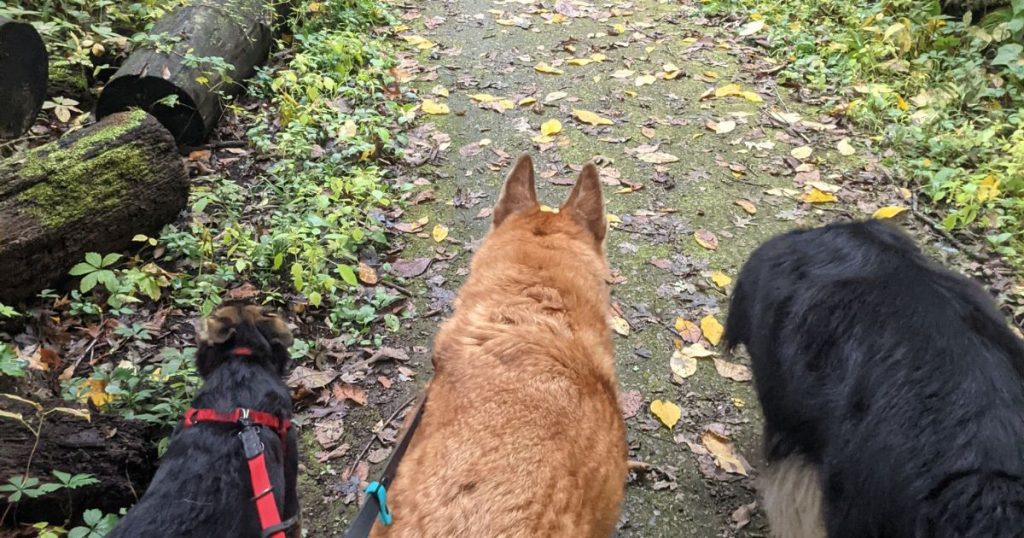
Scratches or Damage to the Digestive Tract
Even if your dog does chew the acorn enough to prevent a blockage, there is still a risk of complications. The shell of an acorn is very hard. When broken (like when your dog bites it), they tend to break into pieces with sharp edges.
As these pieces make their way through the digestive system, there is a risk of damage to the esophagus, stomach, or intestines. This may result from scratches or perforations. These injuries can also become infected, leading to further health complications.
Mould and Mould Poisoning
Returning to the original question, are acorns toxic to dogs, there is an added factor to consider. Tannins aren’t the only toxic risk that acorns present. Many acorns will fall to the ground only to rot away and return to the soil. But the process of rotting means the potential development of mould.
The development of mould means the production of mycotoxins, which are incredibly toxic and potentially life-threatening for your dog. There is also the risk of the development of fungus on the acorns, which can be dangerous.
What to Do If Your Dog Ate an Acorn
If you notice your dog munching on an acorn, don’t panic. A single acorn (or even a couple) likely isn’t going to cause any serious threats. But the more acorns that your dog eats, the greater that risk becomes.
Monitor your dog closely for any signs that something is wrong. If he has eaten quite a few acorns before you noticed, the signs of acorn poisoning usually show within a few hours. But it could take up to a week for the signs to show. On the other hand, choking is an immediate concern. Offer your dog plenty of fresh water. This can help to keep things moving properly and help to reduce any problems or complications.
In the event you notice any of the warning signs we’ve discussed, contact your veterinarian or the nearest emergency clinic as soon as possible.
The treatment needed will depend on the cause of your dog’s illness. He may need IV fluids to support care as he overcomes the problems that he is facing. If he is experiencing an intestinal blockage, surgery may be required to save your dog’s life. Time is of the essence.
Tips to Stop Dogs from Eating Acorns
Train “Leave It” and/or “Drop It”
Both the “leave it” and “drop it” commands are incredibly important for people that are spending time outdoors. There are many hazards that your dog may encounter along the trails or at the campsite including garbage left by other travellers, poisonous plants, and more. If you see your dog has picked up an acorn, a solid “leave it” or “drop it” can address the situation quickly and effectively.
Clear the Campsite on Arrival
If you know that you are going to be spending an extended time camping with dogs in one location, pay attention to the hazards that are in the area. Take note of the space that your dog will have access to and, if possible, remove all acorns from the area.
Always Supervise Curious Young Puppies
While any dog can ingest an acorn, young puppies are exceptionally at risk. At this age, puppies explore their surroundings largely with their mouths, eating many things that they should (like your shoes or the throw pillow on your couch). When you’re spending time outdoors with a young puppy, this means paying attention to things they may try to eat such as sticks, rocks, and, of course, acorns.
You can avoid your puppy eating acorns by being proactive. Always monitor your puppy and your surroundings when you’re outdoors.
Puppies aren’t the only concern when it comes to eating objects like acorns. There are many adult dogs out there that have a tendency to chew on or eat non-food objects. If you are aware that this is your dog’s personality, take note!
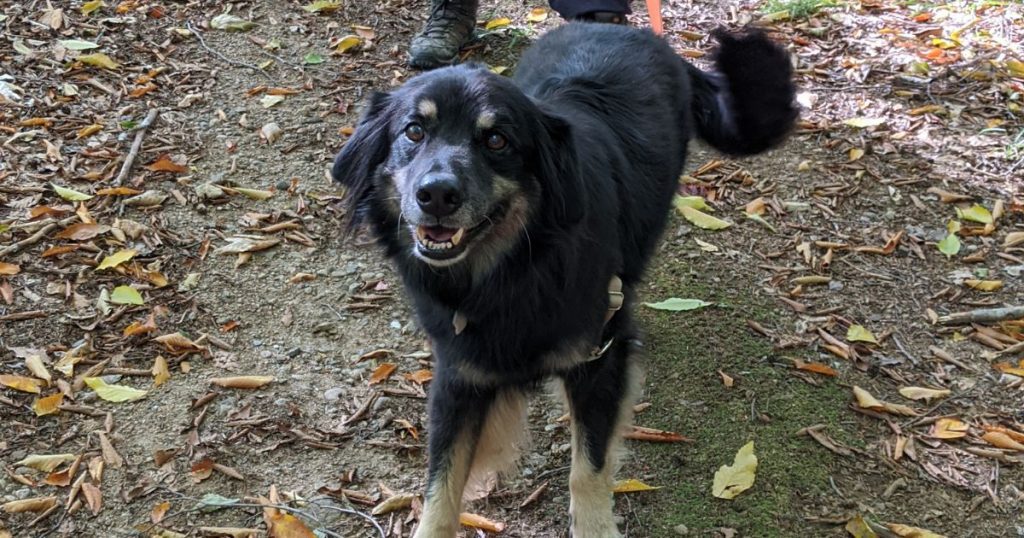
Provide Distractions
Are you planning on spending a period of time outdoors relaxing at a campsite? If so, your dog may be tempted to spend his time exploring his surroundings and getting into trouble. Consider packing interactive toys, chew toys, and treats to distract him from any acorns that he may find in the area.
If you notice that your dog is intent on chewing on or eating something, provide him with a positive outlet for that behaviour. You’d much rather see your dog chewing on an edible chew designed for dogs than a non-food item like an acorn that could lead to serious complications.
Use a Basket Muzzle, if Necessary
There is a lot of controversy in the pet community over the use of muzzles. However, when a muzzle is sized and fit properly, it’s a valuable tool. A dog in a properly fitting basket muzzle can still drink and take treats when offered. But it will prevent them from picking up small objects (like acorns) off the ground.
Take the time to introduce the muzzle at home with plenty of praise and treats. This will help to create a positive association with wearing the muzzle. Dogs that have been properly trained and conditioned to wear a muzzle are completely comfortable when wearing one.
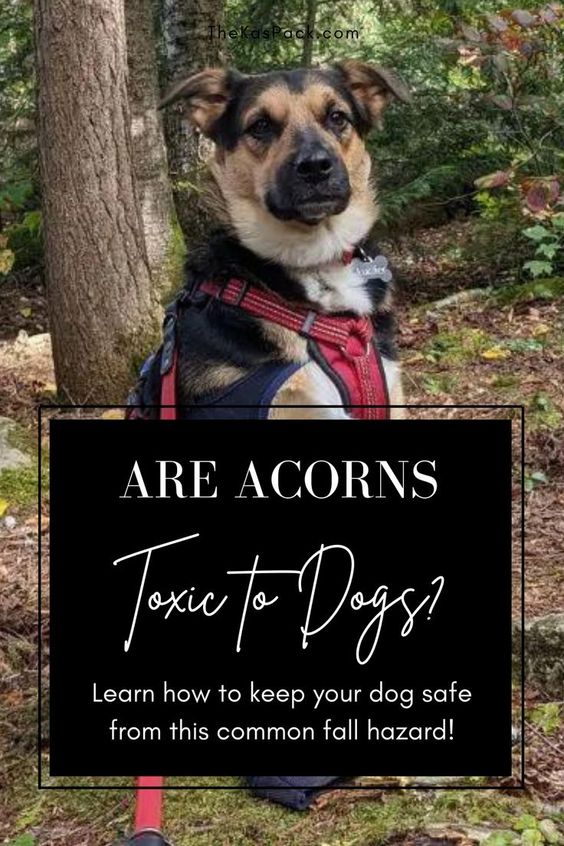
Have you ever had a dog obsessed with eating acorns? If so, what did you do to discourage eating them?
